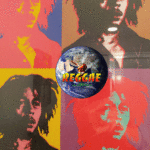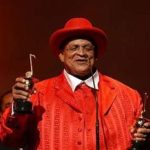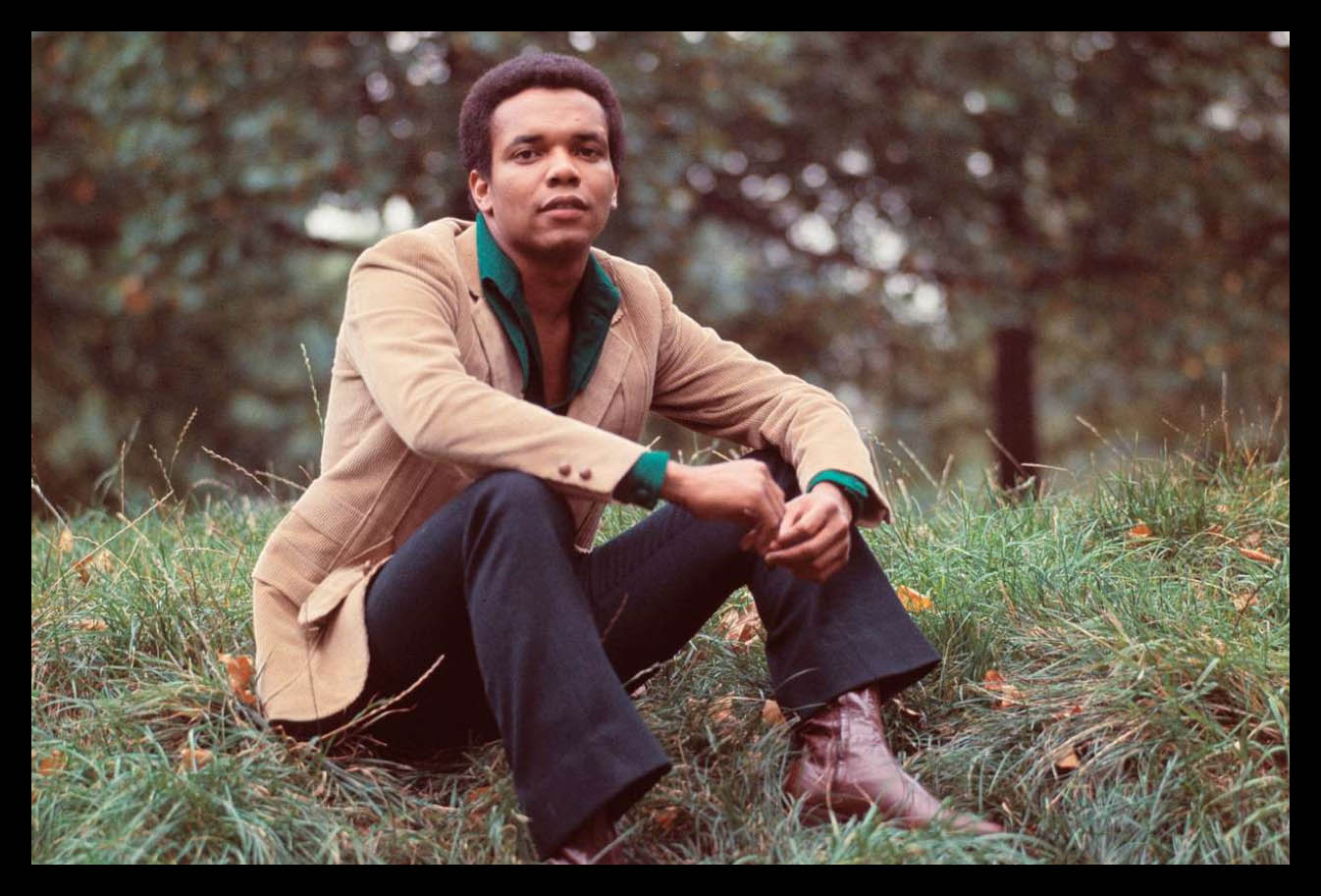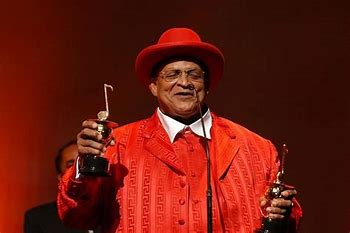
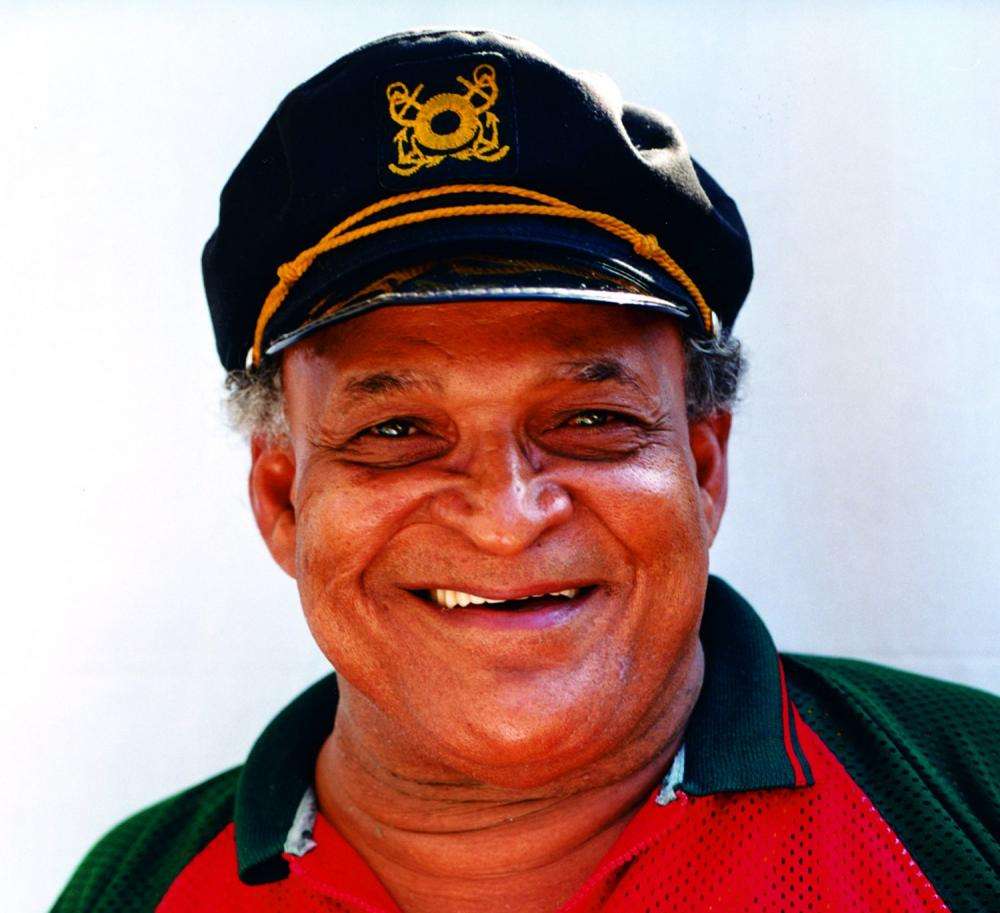
Lee was born Edward O’Sullivan Lee in 1941 in Kingston, Jamaica, and began his career as a record plugger, sourcing tracks for radio stations. A trained electrical engineer, he also began producing and, after working with various labels, set up his own, Lee’s. He helmed hits by John Holt, Slim Smith, Delroy Wilson, Peter Tosh, Horace Andy and more from the mid-1960s onwards, often licensing them to other labels like Island Records.
Lee’s rhythms would help to move Jamaican music from the ska and rocksteady styles towards the distinctive tempo and bounce of reggae. Do the Reggay by the recently deceased Toots Hibbert may have cemented the genre’s name, but Bangarang, a Lee track recorded with Stranger Cole, is regarded by many as the first reggae song. Lee had a UK Top 10 hit in 1969 with Max Romeo’s raunchy reggae track Wet Dream, which spent 25 weeks on the chart.
Working with producer and engineer King Tubby in the early 1970s, he also helped to pioneer the echoing, eerie sound of dub with its focus on drums, bass and studio effects. The massively prolific Lee was also one of the first producers to work with Bob Marley’s band the Wailers, as well as with other, later Jamaican stars including Sly & Robbie, Beenie Man and Buju Banton.
Bunny Lee has moved on…
Bunny Lee – the name of producer Edward O’Sullivan Lee – tragically hit the bucket at 79.
A pioneer of the British reggae scene, his disappearance was confirmed in a tweet from music columnist Edward Kessler.
“He went to the 2018 Q Awards with the Trojan crowd wearing a sailor top and some sliders.
He held my hand for about ten minutes.
The reason for Bunny’s death is currently unclear.
It was conceived in 1941 and lived a childhood in Kingston, Jamaica.
In 1962 he entered the music world through his married brother and notable reggae artist Derrick Morgan.
His first success as a designer dates back to 1967, and he quickly created his name.
By the end of the 1960s, he had come to a standstill as the main actor in Jamaican musical creation.
By the mid-1970s he was a staple of the UK of the unmistakably mainstream reggae scene.
In 1969 he created Max Romeo of Wet Dreams, which arrived in the top ten of British outlines.
Somewhere between 1969 and 1977, Bunny was prestigious for his productive performance, delivering records by the thousands.
Reggae label Trojan Records described him as “massively influential” and “pioneering”, while Ali Campbell and Astro from UB40 tweeted: “RIP Bunny Lee. We lose another legend. Sleep easy.”


